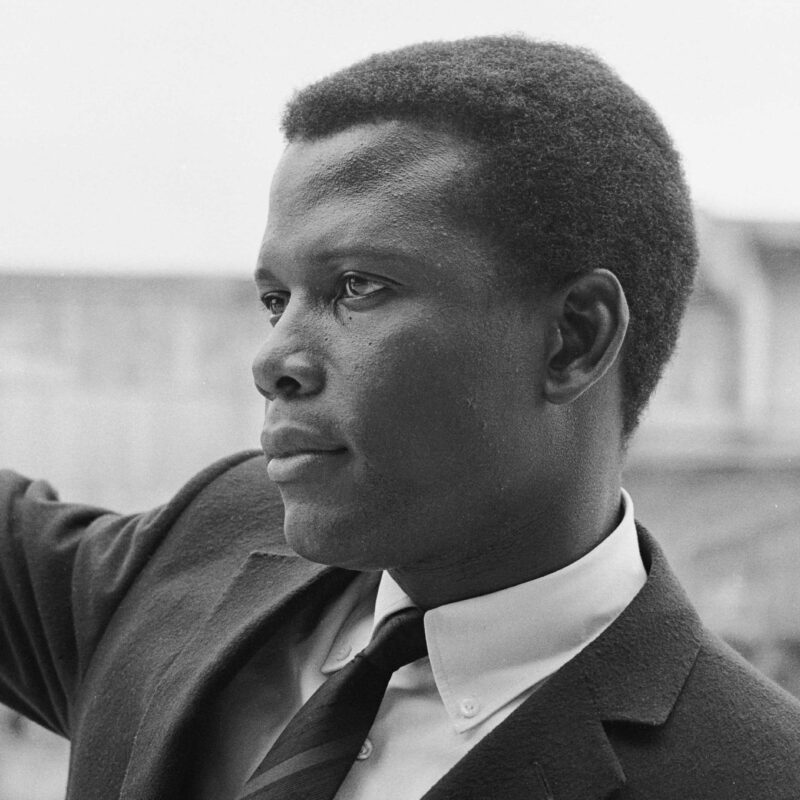The Black (UN) Conscious a conversation about Mental Health within the Diaspora.
How do you deal with mental health in a post pandemic era? How do you establish healthy communication between men and women? How do we eradicate the stigma of mental health?
We started off the conversation taking a personal audit of our mental health and sharing our experiences. We then delved into issues affecting our community and diaspora as it relates to the stigmas attached to mental health conversations, pressures of social media and history of trauma in our community.
#canWEtalk Kings & Queens
Lastly, we spoke on how men and women communicate and the breakdown in communication base social norms and gender roles.
Produced by Major CEO, ATL Venues Shot by BP _ OnSet & Company
Everyone experiences mental health issues in different ways. Learn what to say, and how.

You might not be certain your friend is displaying worrisome signs regarding their mental health. Here are a few signs to look for as a guide:
- Impulsive behaviors or being more irritated than usual
- Not functioning like their usual selves (i.e., change in habits of how they dress, general appearance, eating or sleep habits)
- Talking about feelings of loneliness or despair
- Excessive worry
- Trouble concentrating
- Substance misuse
Notice the warning signs online
While you might hang out with your friends a lot, the reality is that you’re not always physically with them. While texting, group chats, and DMs can be common forms of keeping in touch, they can cloud any evidence of concerning body language or tone you would typically see hanging out in person. So how do you know if something is off?
Keep an eye out for these signs that could indicate your friend is struggling with their mental health:
- Posting captions, hashtags, or emojis that are overtly sad or negative- they go beyond sarcastic jokes.
- Liking posts or following accounts that promote negative behaviors– even if they aren’t sharing it to their feeds.
- Writing posts or comments that show impulsive behavior, irritability, hostility, or indicate insomnia.
Whether it’s on social media, in group chats, or during a hangout – if you suspect your friend is struggling, trust your gut.
Be intentional in your conversation and speech.
Ask directly about mental health or signs displayed.
Find a moment to talk
Beginning the conversation doesn’t mean you have to dive straight into talking about mental health struggles or have an intense heart to heart. Consider instead meeting your friend where they are or extending an invitation to hang out. You can even talk about struggles you are going through to give your friend an avenue to open up. Whether it’s over a bite to eat or taking a walk, a simple “what’s up” is a great place to begin.
Trust your instinct – you probably know what your friend really needs
Being a good friend doesn’t require an instruction manual nor do you need to be a professional to know that they might need additional support. Don’t worry about finding the perfect words to say – there is no right or wrong, just be there and let them know they have your support.
What if my friend asks me not to tell anyone?
It’s totally understandable if your friend asks you to keep a secret. But when dealing with mental health struggles, this isn’t always a good idea. To avoid breaking a promise, it’s easier tonot make one in the first place. If your friend asks you to promise not to tell anyone, you can say something along the lines of “I understand why you want me to promise not to tell anyone, and I can do that unless there’s something that makes me really worried about you. I’m always here for you and can go with you to get help if it’s helpful.”This allows you to preserve the trust you have established with your friend while leaving the door open for you to seek help from a trusted adult or professional in the event that your friend later tells you that they are hurting themselves or getting worse.
What if my friend rejects my help?
Your friend might be scared to ask for help or open up. If you sense hesitation, you can start the conversation by talking about your own struggles, letting them know you are there for them no matter what, and that you are there to support them. A conversation doesn’t always have to be how you extend a helping hand – you can reach out by inviting them to hang out, to come to an event, or activity. If you have a sense that they are needing more or might be more comfortable talking to someone else, you can offer to help make that connection.
Is just being there enough?
Often, just being there is enough for your friend, even if words fail. Listen to your friend, follow-up, and check-in regularly. Being supportive doesn’t have to happen all at once. It can, and usually is, the little moments strung together that truly make an impact. Even if the gesture is small like a text saying you’re thinking about them or how much you appreciate them, it matters. The smallest of gestures add up over time and signal that you care.
How involved should I get? What if I start to feel overwhelmed?
Helping a friend who’s going through something difficult, especially when it involves serious or intense feelings, can be exhausting. It’s important to know your own limits. If you fall apart, you won’t be able to help your friend.
- Take care of yourself. Indulging in self-care doesn’t mean you’re a bad friend. If you feel like you need to take a step back, communicate that to your friend. Put yourself first and make sure you are okay in order to continue to help and support your friend.
- Keep your day-to-day consistent. Don’t let your friend’s mental health dramatically impact or change your routine or the way you interact with your friend. If you start acting differently around them, it could discourage them from seeking help and it will likely wear on you in ways that negatively affect your friendship.
- Be honest about being in over your head. Recognize when you went too far and set a boundary.
What shouldn’t I do when helping my friend?
Being a supportive friend can have many definitions but there are some things to avoid:
- Don’t take their behavior or comments personally.
- Don’t give ultimatums. For example, don’t say “If you don’t stop hurting yourself, I won’t be friends with you anymore.”
- Don’t tease or share private information in group settings or group chats. Respect your friend’s feelings.
- Don’t get frustrated if your friend doesn’t have the same perspective as you about the situation.
- Don’t shame, blame, or guilt your friend for their feelings or actions. Avoid accusing statements with “you”– instead use “I.” For example don’t say “You are being irresponsible and reckless,” rather say “I’m concerned that you might hurt yourself and that makes me worry since I care about you.”
- Don’t engage in activities that will likely make things worse such as using alcohol or other drugs to distract from negative feelings.
- Don’t give up. Keeping a positive attitude will help your friend stay strong and provide them strength to be healthy and get better.




